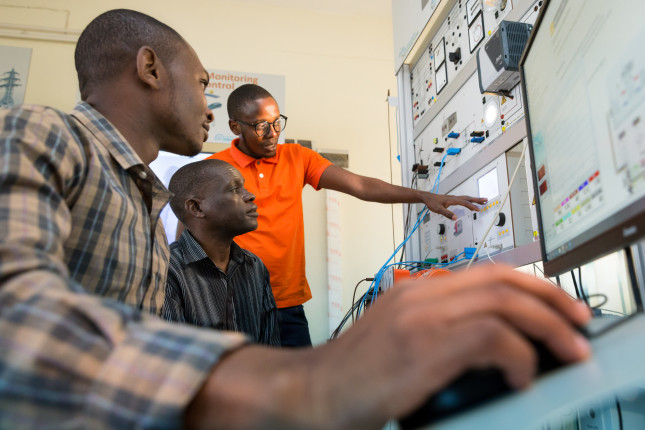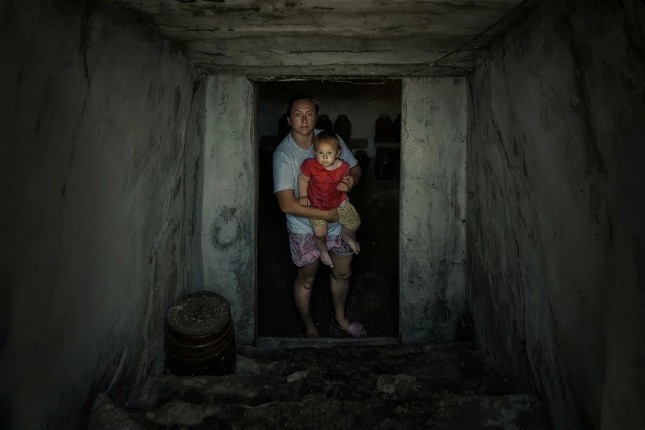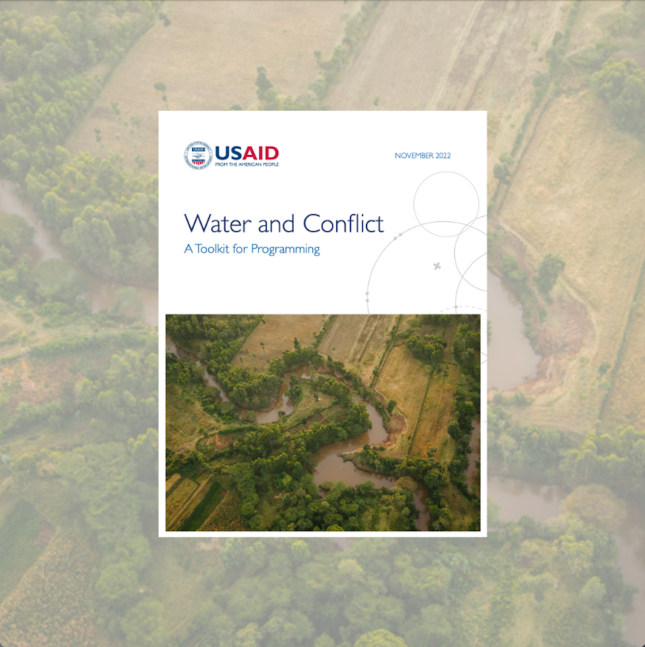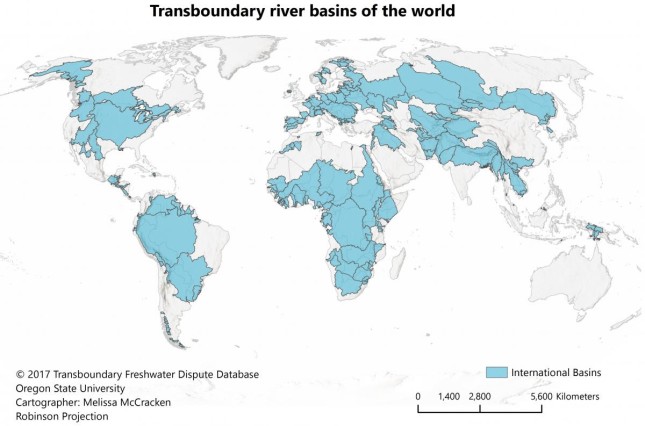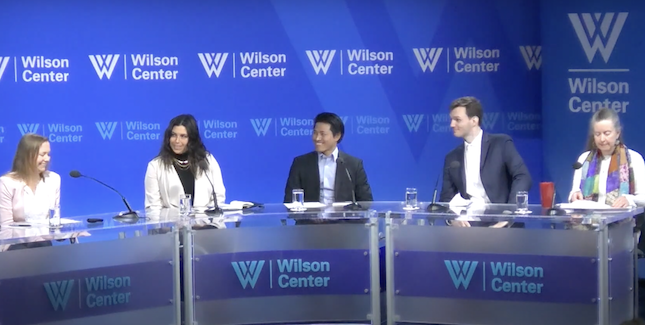-
Pushing Back the Pushback: Addressing the Complexities of Gender and Migration
›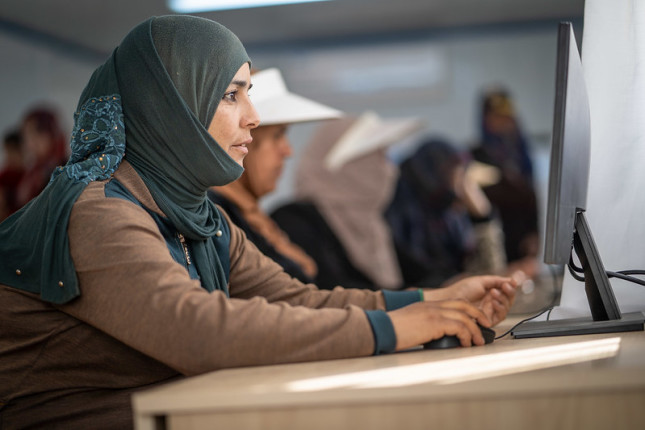
“We must unite our efforts to push back the pushback,” said Katrín Jakobsdóttir, Prime Minister of Iceland, at a recent side event during the 67th Session of the Commission on the Status of Women (CSW67). Humanitarian crises and forced displacement increase pushback against women’s and girl’s human rights and safety. Jakobsdóttir called for global efforts to recognize this inequity and to fight for gender equality in humanitarian responses.
-
Меры социальной поддержки Детей войны Орловской области
›March 28, 2023 // By Theo WilsonContent
Парня утром выписали из больницы. Жалуется на боль в желудке. Признаков болезни не обнаруживаем.
Организация помогает людям, приехавшим в Россию из Донбасса, оплатить расходы на лечение. Также она помогает оплачивать дорогу, жилье, питание и лекарства. Эта структура объединяет 27 национальных ассоциаций и монастырей Мальтийского ордена. Занимается помощью в чрезвычайных ситуациях, работает в Украине с 1990-х ипомогает сейчас. Сотрудники раздают еду, воду, одеяла и оказывают медицинскую и психологическую помощь, а также помогают беженцам на границе. Пожертвовать можно конкретно на помощь украинцам, несмотря на то, что организация работает в разных странах.
Русфонд.ДЦП
По словам историков, в годы Великой Отечественной войны органы милиции были сориентированы на поиск детей, оставшихся без родительского надзора. В ходе специальных операций детей забирали с рынков, привокзальных площадей и из других мест массового скопления людей. Так, в 1943 году с улиц забрали около 800 тыс. Согласно постановлению, для помощи детям создавались специальные комиссии, куда входили представители исполкомов, комсомола, профсоюзов, а также органов НКВД, образования и здравоохранения. Кроме того, документ предусматривал расширение сети приёмников-распределителей, в которые направлялись беспризорные и безнадзорные дети в возрасте до 15 лет включительно. «Великая Отечественная война потребовала от СССР неотложных мер по оказанию помощи детям, оказавшимся без родительской опеки и поддержки», — подчеркнул Александр Михайлов.
В действующей армии были созданы управления особоуполномоченных общества, в их распоряжении состояли уполномоченные общества. Общество направило на фронты свои учреждения, формирование которых шло вплоть до осени 1917 г. Многие учреждения общества, организованные на целевые пожертвования частных лиц или учреждений, носили имена жертвователей. Военное ведомство полностью передало обществу задачу эвакуации и наблюдения за психиатрическими больными.
Какие выплаты и льготы полагаются детям войны
У офицеров находилось личное оружие и было зафиксировано много Артур Золотаревськийв злоупотребления им. Привыкнув во фронтовых условиях мало ценить чужую жизнь и не всегда обладая человеческим достоинством, люди часто считали себя героями, которым теперь все дозволено. Возвращавшиеся с фронта мужья порой стреляли в неверных жен, в их любовников, иногда и в себя. Вспоминаю несколько таких случаев, на которые выезжала лично. Почему врачам не были выданы металлические каски для работы во время тревог? Не знаю, но за всю войну никто из нашего персонала не был ни ранен, ни убит.
«Украинская волонтерская служба» набирает волонтеров для помощи людям – есть возможность помочь удаленно. Волонтеры буквально за ночь создали сайт для граждан Беларуси «Застанься дома», где объяснили, почему беларусским военным нельзя выполнять приказ и идти воевать против Украины. Вы можете показать этот сайт знакомым или иным образом призвать соотечественников не участвовать в кровопролитии. Здесь можно присоединиться к волонтерам, которые дежурят на границе.
Общественных организаций. Тяготы войны со всем трагизмом отразились на всем детском населении страны, поэтому рядом обществ, особенно Всероссийским попечительством по охране материнства и младенчества, была поставлена задача о необходимости предоставления помощи все детям. Кроме того, со всей очевидностью выявилась необходимость государственной охраны материнства и младенчества, о чем неоднократно говорилось многими общественными деятелями и детскими врачами. Обзоры деятельности благотворительных учреждений.
- Внеочередное получение места в домах престарелых, учреждениях для инвалидов и центрах соцобслуживания.
- Обеспечьте проходимость верхних дыхательных путей.
- Спасение миров – занятие не для смертных.
- Вместе со своими помощниками – фельдшерами она пешком добралась до места и под вражеским огнем организовала подачу первой помощи пострадавшим.
- В этой статье я опишу консультативную работу, которая осуществлялась в послевоенной ситуации людьми, большая часть которых не имела психологического образования.
Внеочередное установление стационарных телефонов. Такой льготой могут воспользоваться дети войны, проживающие в Москве. Компенсация расходов по капитальному ремонту. Например, в Приморском крае дети войны получают 100-процентную компенсацию.
Спасибо за внимание!
Нам даже говорили, что спокойствие немногочисленного персонала скорой помощи часто положительно влияло на медицинский персонал других организаций. Талайко выехала в очаг поражения в Сокольнический район. Машина была повреждена осколками снарядов, но А.3. Вместе со своими помощниками – фельдшерами она пешком добралась до места и под вражеским огнем организовала подачу первой помощи пострадавшим.
- Программа «Спаси ребенка» создана для оказания помощи детям (и семьям с детьми), пострадавшим в результате военных действий, стихийных бедствий и катастроф.
- На мой заданный Александру Сергеевичу вопрос о количестве пострадавших во время бомбежек Москвы он сказал мне, что жертв от налетов немецкой авиации было меньше, чем от самого затемнения (не назвав, конечно, ни той, ни другой цифры).
- «Сразу после вторжения мы начали помогать, отправляя одежду и еду, – рассказывает Шмидт.
- Один трамвай наехал на другой.
Занимался устройством санаториев и больниц для георгиевских кавалеров, улучшением их быта. В комитете существовал ряд комиссий, которые организовывали театральные спектакли и концерты в санаториях, занимались сбором стихов, рассказов и воспоминаний о войне, устраивали выставки и собирали материалы для создания музея трофеев Великой войны. Деятельность комитета прекратилась в 1917 г.
-
What Will Change at the World Bank Mean for Climate Policy?
›
World Bank President David Malpass announced his resignation in mid-February 2023, and will step down by June 2023—about a year before finishing his five-year term. As several public officials indicated after the announcement, the climate legacy Malpass leaves behind is lacking. Indeed, the Bank itself has also been under scrutiny with recent calls for reform on climate finance.
The Biden Administration quickly announced Ajay Banga as their nominee in mid-February. If confirmed, Banga will step into this role in a high-profile moment, and his own stance on climate issues is already under close examination.
-
Women and Art at a Time of War: Acknowledging Ukrainian Women
›
“War is central to history. History has been written (and painted) by men. This exhibition provides a platform for women narrators of history and also examines gendered perspectives of war,” said art curator Monika Fabijanska, referring to the exhibit “Women at War” she recently put together, which was on display at the Stanford in Washington Art Gallery from January through March 2023.
-
USAID’s Revised Water and Conflict Toolkit
›
Links between water and conflict seem to crop up everywhere one looks these days. The Horn of Africa will soon face a sixth consecutive failed rainy season in 2023—its worst drought on record. Not only is this drought a consequence of global climate change, but it has also led to widespread food shortages and local civil conflicts. And over the past year in Ukraine, Russian troops have directly damaged that nation’s already vulnerable water systems, including pipelines, pumping stations, and treatment facilities. These repeated attacks on water infrastructure have not only undermined local livelihoods in Ukraine, but they have also polluted surface waters and threatened biodiversity.
-
The UN Water Conference and Latin American Transboundary Waters: A Case for Better Governance
›
In recent decades, the international system has undergone profound changes—especially in terms of the types of threats that destabilize international peace and security. As new threats emerge, a focus on new dimensions of the concept of security is now reaching the top of the international agenda. In this context, the global freshwater crisis is beginning to be perceived as an existential threat to states requiring extraordinary measures to alleviate or solve the problem.
-
Tracking Conflict and Cooperation Over the World’s International Freshwater Resources
›Guest Contributor // March 20, 2023 // By Alexandra Caplan, Melissa McCracken, Susanne Schmeier, Zoe Rosenblum & Aaron Wolf
Waters that cross international political borders can drive the countries that share them to conflict—or encourage cooperation between them. Indeed, since the 1940s, overall trends point to a tendency for countries to cooperate over shared water resources, which stands in stark contrast to media portrayals of “water wars.”
Yet instances of conflict over water have increased slightly since 2000. Why? Most of them are fueled by water quantity disputes or the unilateral development of dams or other infrastructure. Institutions often play a key role in facilitating cooperation (and reducing conflict) over shared waters, but their growth and adoption have slowed over the last two to three decades.
-
The Changing Geopolitics of Critical Minerals and the Future of the Clean Energy Transition
›
At a recent Wilson Center event on the shifting geopolitics of critical minerals, Cory Combs, Associate Director at Beijing-based Trivium China, noted that “the nature of global resource competition is changing—and quite rapidly.”
 A Publication of the Stimson Center.
A Publication of the Stimson Center.

